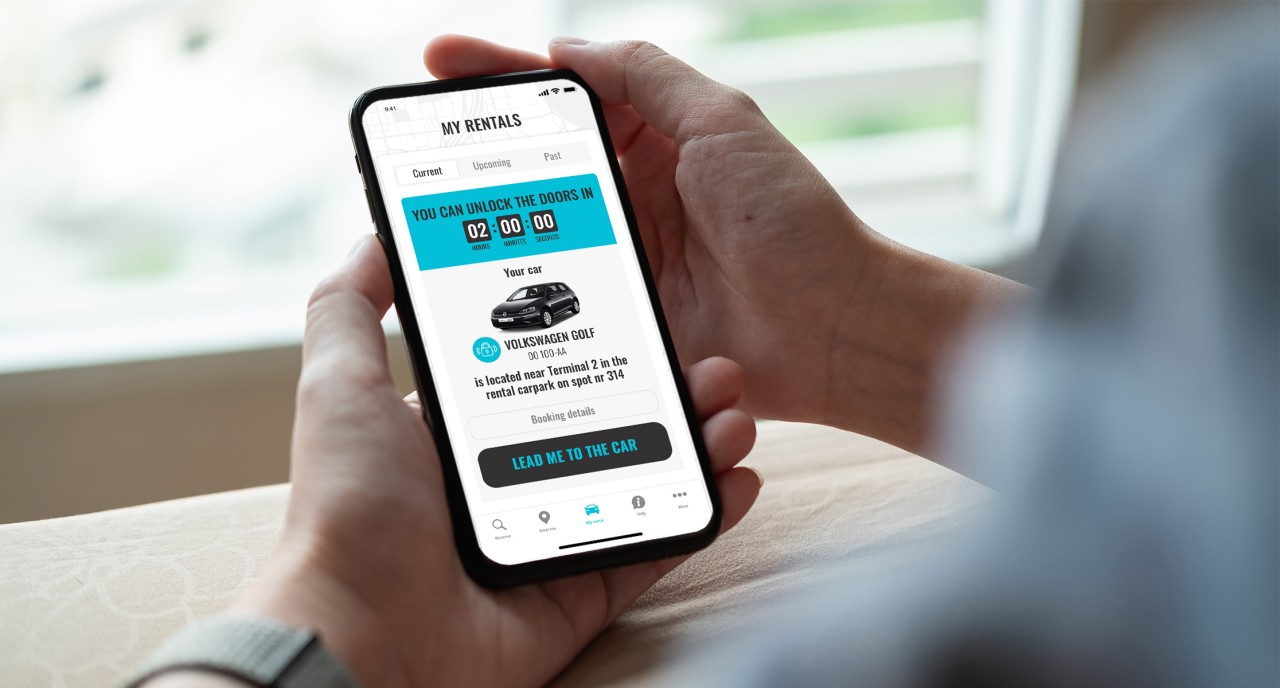Ransomware is a type of malware that blocks the user’s access to their files. The attacker then demands a ransom in exchange for the data. The ransomware attack victims can be private users, businesses and often also big organisations.
How does ransomware work?
First, the malware needs access to the device. This is usually gained by using a Trojan disguised as a legitimate email attachment or an advertisement that the user opens or downloads.
Next, ransomware usually does one of two things depending on its type. Locker malware locks access to the computer by blocking some of its functions. The user might have no access or only access needed for paying the ransom. In some cases, the screen might display a fake warning from a law enforcement agency saying that they have found some illegal content. In that case, it prompts the user to pay a fine to access their computer again.
More advanced ransomware encrypts all or some files using a technique called cryptoviral extortion. It uses two keys for encrypting and decrypting the files. Without the private decryption key only known by the attacker, it is nearly impossible to get access to the files. The user can still use their computer and see their files but they can’t access them.
The ransomware attackers’ goal is to get money. Usually, the malware prompts the user to pay a ransom in a certain time to encrypt the files or they will be deleted. The attackers mainly use hard to trace payment systems such as Bitcoin or paysafecard to cover their tracks. But paying the ransom doesn’t guarantee access to the files. Some attackers just take the money and disappear. That is why it is important to protect yourself against attacks like this.
How to keep your files safe?
The best way to keep your files safe is to back them up to the cloud or to an external hard drive. This won’t stop the attack but it protects your data. To safeguard your devices from an attack, use security software that detects malware. And keep your operating system up-to-date to ensure your system has fewer vulnerabilities. It is also important to stay vigilant. Don’t open sketchy emails, be careful what you click and don’t respond to messages from people you don’t know.


